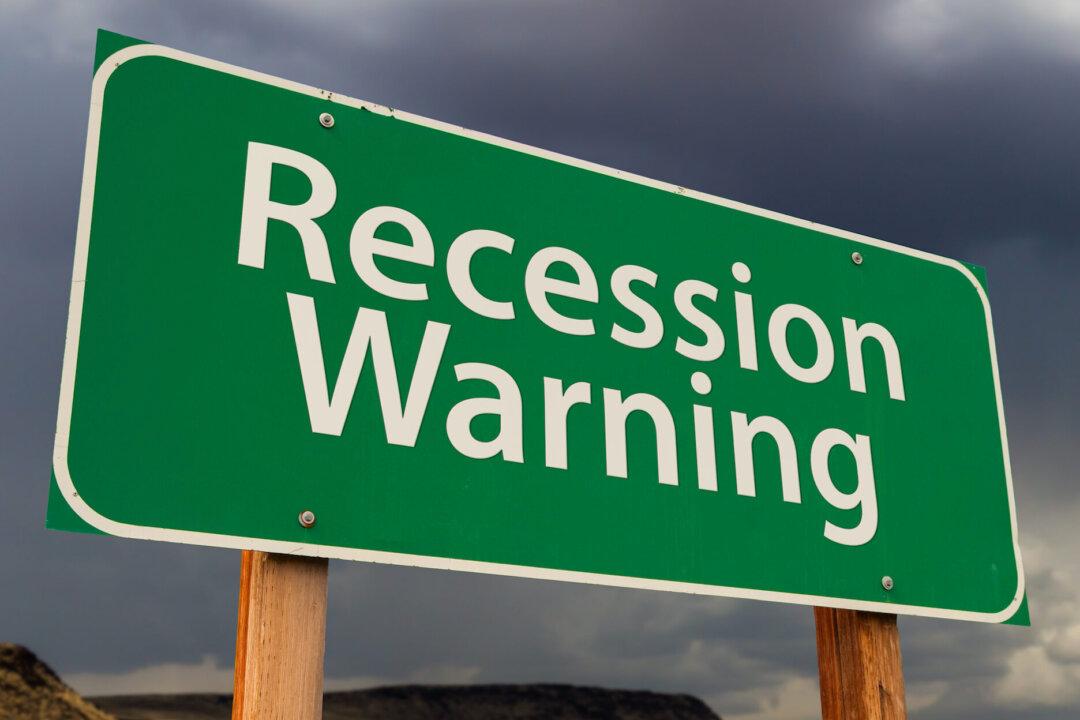An overwhelming number of economists think a recession will hit the United States by the middle of next year, according to a survey by The National Association for Business Economics (NABE) published on Monday.
The survey (pdf) was conducted between Aug. 1 and Aug. 9 among 198 members of NABE.




